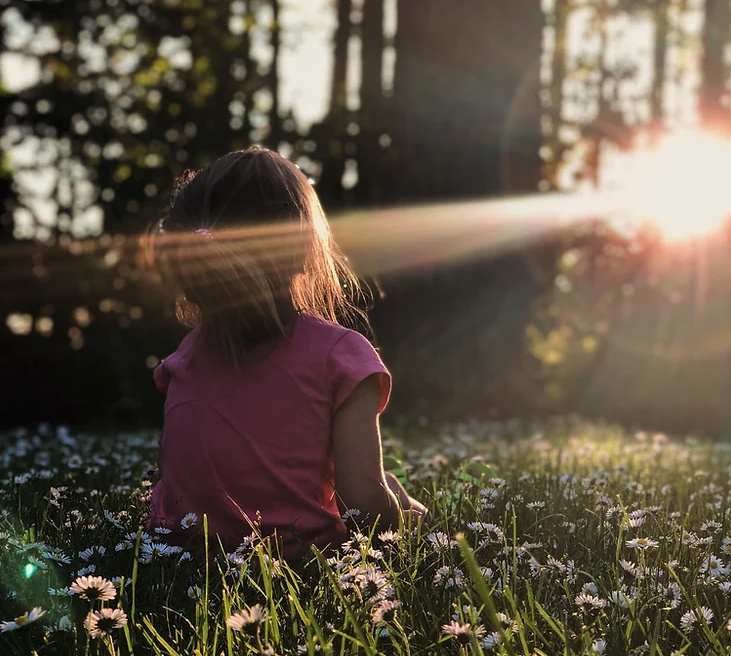Healing your Inner Child in your Adult Life.
I find we often worry that venturing into adulthood comes with a loss of childhood wonder. That a shift happens when we turn away from excitement and into the world of work and taxes. What if we instead used adulthood as an opportunity to make choices that tune into our sense of who we once were, or even the childhood we wish we had experienced?
The idea of the inner child makes me think of the book “Le Petit Prince” by Antoine de Saint-Exupéry, a book I had read in Grade 10 French class, that reminds me every day that adulthood does not have to come with the loss of childhood, but can rather be a series of choices that prioritize wellness, creativity and curiosity. As the author writes (in an English translation), “All grown-ups were once children… but only few of them remember it”.
The concept of the inner child encompasses the idea that within us lies various versions of ourselves, the selves we once were, the selves we have moved on from to protect the rest of our “selves”. Our inner child often represents a part of us that had a history of feeling unsafe, invalidated, or abandoned. Can you think of the age that you were when you first experienced the need to “grow up”? Was it when you moved out for University? When your favourite pet passed away? Was it a moment in time, an incident, a conversation?
If we can begin to identify what parts of ourselves never had the opportunity to experience safety in childhood, we can then acknowledge the inner child. Through a therapeutic process found in Internal Family Systems therapy, the inner child is heard, comforted and supported by our adult selves. We create room for this younger self to express their pain of the past, we offer our present self compassion and validation of this pain, and we move into the future hand-in-hand with our inner child.
Integrating your inner child into your adult experiences is a great way to allow yourself to feel heard, to begin to get unstuck from a trauma that sits with you and allow your inner child to feel safe in the hands of your adult self. Here are some of my favourite ideas for healing that inner child in your adult life.
1.Find your favourite picture of you when you were younger, and stick it on your bathroom mirror. This allows us the opportunity to externalize your inner child and be active about including them in your life. For example, what would your 6 year old self think of how you talk about your body? What would your 8 year old self be proud of you for accomplishing? What would you want your 12 year old self to know about how you got to where you are today?
2. Do something you’ve never tried before and get messy! This could be baking a new recipe, trying out a new painting style or playing a game with your family. Play is something that all kids need- why not adults too? When we bring excitement into our adult lives we remind our inner child that they are safe to be expressive. So colour outside of the lines and make some magic!
3. Connect with a physical activity you used to do when you were younger. If you used to dance, consider joining an adult jazz class! If you used to play basketball, consider heading to a local community centre and shooting some hoops. You may surprise yourself with how muscle memory comes back when we avoid perfection and focus on doing the best we can.
Connecting with your inner child can be a beautiful experience of self acceptance and comfort. That said, our childhood may be a touchy subject that would best be worked through with a therapist. If this is something you are hoping to explore in therapy, we are here to help!
Resource Citation: No Bad Parts: Healing Trauma and Restoring Wholeness with the Internal Family Systems Model; By Richard Schwartz Ph.D.
Needing some support? Click here to book a free virtual consultation with one of our therapists!
__________________________
Written by: Bethany Hanman RP(Q)
Bethany is a registered psychotherapist, and has completed a BA in Psychology at the University of Waterloo, a Post-Graduate Certificate in Addictions and Mental Health at Humber College and a MA in Psychotherapy at Wilfrid Laurier University. Bethany works with teens (16+) and adults support them through anxiety, depression, self-esteem, addiction and relationship conflict. She is currently accepting new clients!


